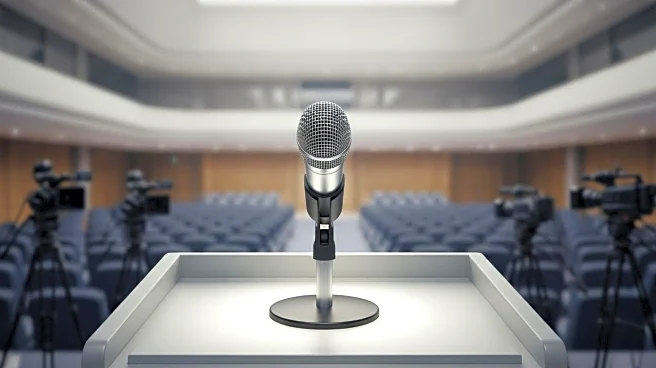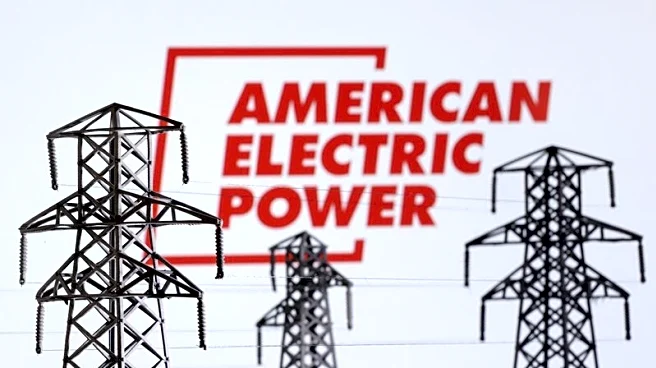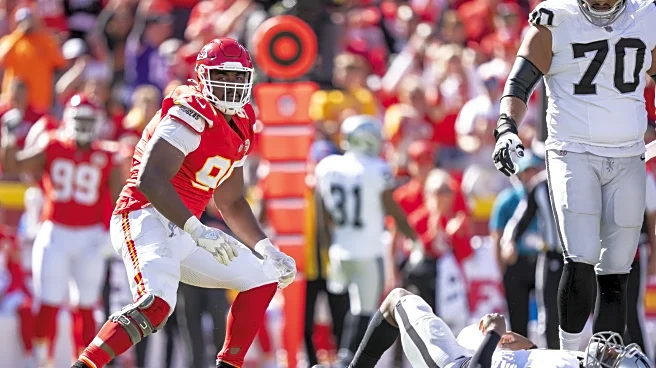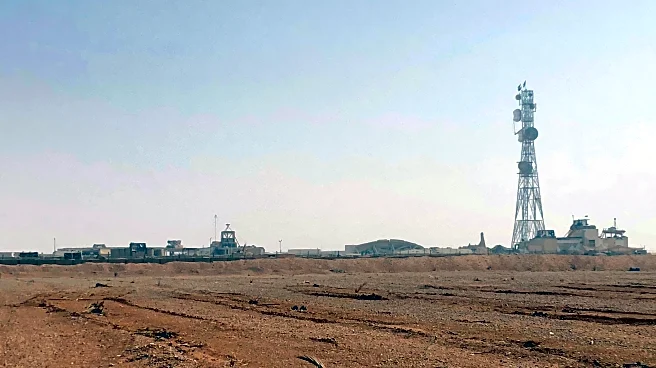What's Happening?
On October 14, 2025, major U.S. TV networks, including Fox News, Newsmax, ABC News, CBS News, CNN, and NBC News, have refused to sign the Pentagon's new press access rules. These rules, proposed by the U.S. Defense
Department, would restrict journalists' ability to report on national security issues by barring unauthorized file access and limiting access to certain Pentagon areas without a minder. The networks argue that the policy threatens press freedom and government transparency, with Newsmax calling the regulations a threat to the First Amendment. The Associated Press and other media organizations have also rejected the policy, emphasizing the importance of independent coverage of the Pentagon.
Why It's Important?
The rejection of the Pentagon's press access rules by major TV networks highlights a significant conflict between government regulation and press freedom. The policy is seen as a threat to journalistic protections, potentially limiting the public's access to information about national security and military activities. This standoff could impact how the media covers defense-related news, affecting public awareness and understanding of military operations. The situation underscores the ongoing debate over the balance between national security and the freedom of the press, with implications for transparency and accountability in government actions.
What's Next?
As the deadline for signing the new press access rules approaches, it remains uncertain how the Pentagon will enforce these requirements and whether any revisions will be made in response to the widespread rejection by news organizations. The ongoing discussions between the Department of Defense and media organizations may lead to further negotiations or legal challenges, as the press seeks to maintain its ability to report independently on national security matters.
Beyond the Headlines
The broader implications of the Pentagon's press access policy extend beyond immediate media coverage. The policy could set a precedent for how government agencies interact with the press, potentially influencing future regulations on media access and information dissemination. The ethical and legal dimensions of restricting press freedom raise questions about the role of journalism in a democratic society and the responsibilities of government to uphold constitutional rights. This development may also affect public trust in both the media and government institutions.












